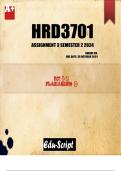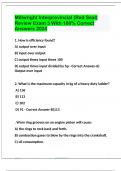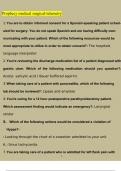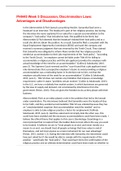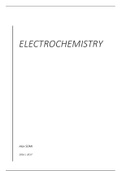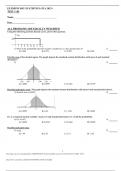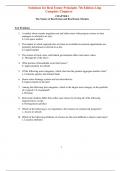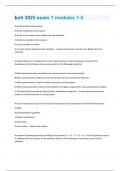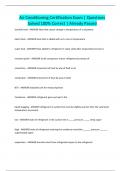Exam (elaborations)
HRD3701 Assignment 3 (COMPLETE ANSWERS) Semester 2 2024 - DUE 30 October 2024
- Institution
- University Of South Africa (Unisa)
HRD3701 Assignment 3 Semester 2 2024 ;100% TRUSTED workings with detailed Answers for A+ Grade. For assistance call or W.h.a.t.s.a.p.p us on +/ 2/ 5/ 4 /7 /7 /9 /5 /4 /0 /1 /3 /2 .
[Show more]
